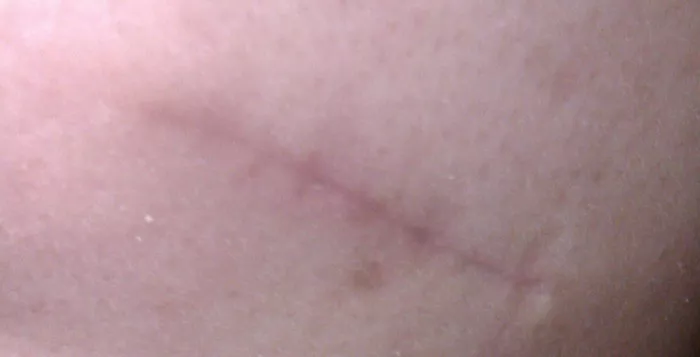Scars can be a source of self-consciousness for many people, and they can be caused by a variety of factors, including injury, surgery, and acne. While some scars may fade over time, others may be more noticeable and require treatment. In this article, we will discuss what is good for scarring and the various options available for scar treatment.
What Causes Scars?
Scars are a natural part of the healing process and occur when the body produces collagen to repair damaged tissue. Scars can be caused by a variety of factors, including:
Injury: Scars can result from cuts, burns, and other types of trauma to the skin.
Surgery: Scars can result from surgical procedures, such as breast augmentation or tummy tuck.
Acne: Scars can result from severe acne, particularly if the acne is not treated promptly.
Genetics: Some people may be more prone to scarring due to genetic factors.
What is Good for Scarring?
There are many options available for scar treatment, including:
Silicone sheets: Silicone sheets can help flatten and soften scars by hydrating the skin and creating a protective barrier.
Scar creams: Scar creams can help reduce the appearance of scars by hydrating the skin and promoting collagen production.
Steroid injections: Steroid injections can help reduce the size and redness of scars by reducing inflammation.
Laser therapy: Laser therapy can help reduce the appearance of scars by promoting collagen production and reducing pigmentation.
Scar revision surgery: Scar revision surgery is a type of plastic surgery that is designed to improve the appearance of a scar. Scar revision surgery can involve a variety of techniques, including dermabrasion, laser resurfacing, and surgical excision.
It is important to note that not all scar treatment options will work for everyone, and some may be more effective than others depending on the type and severity of the scar.
When to Consider Scar Treatment
Scar treatment may be considered if a scar is causing self-consciousness or if it is interfering with daily activities, such as movement or function. Scar treatment may also be considered if a scar is causing physical discomfort, such as itching or pain.
It is important to note that scar treatment is not always necessary or appropriate. In some cases, a scar may fade over time or become less noticeable with the use of scar creams or other non-surgical treatments. Additionally, scar treatment may not be appropriate for individuals with certain medical conditions or who are taking certain medications.
Tips for Preventing Scars
While not all scars can be prevented, there are some steps you can take to minimize the risk of scarring:
Keep the wound clean and covered: Keeping the wound clean and covered can help prevent infection and promote healing.
Avoid picking at scabs: Picking at scabs can delay healing and increase the risk of scarring.
Use sunscreen: Sun exposure can darken scars and make them more noticeable, so it is important to use sunscreen to protect the skin.
Stay hydrated: Drinking plenty of water can help keep the skin hydrated and promote healing.
Conclusion
Scars can be a source of self-consciousness for many people, but there are many options available for scar treatment. If you are considering scar treatment, it is important to discuss your options with a healthcare professional to determine the best course of treatment for your individual needs. Additionally, there are steps you can take to minimize the risk of scarring, such as keeping the wound clean and covered and using sunscreen to protect the skin. With the right treatment and prevention, you can improve the appearance of your scars and feel more confident in your skin.
[inline_related_posts title=”You Might Be Interested In” title_align=”left” style=”list” number=”6″ align=”none” ids=”4031,4029,4027″ by=”categories” orderby=”rand” order=”DESC” hide_thumb=”no” thumb_right=”no” views=”no” date=”yes” grid_columns=”2″ post_type=”” tax=””]



































